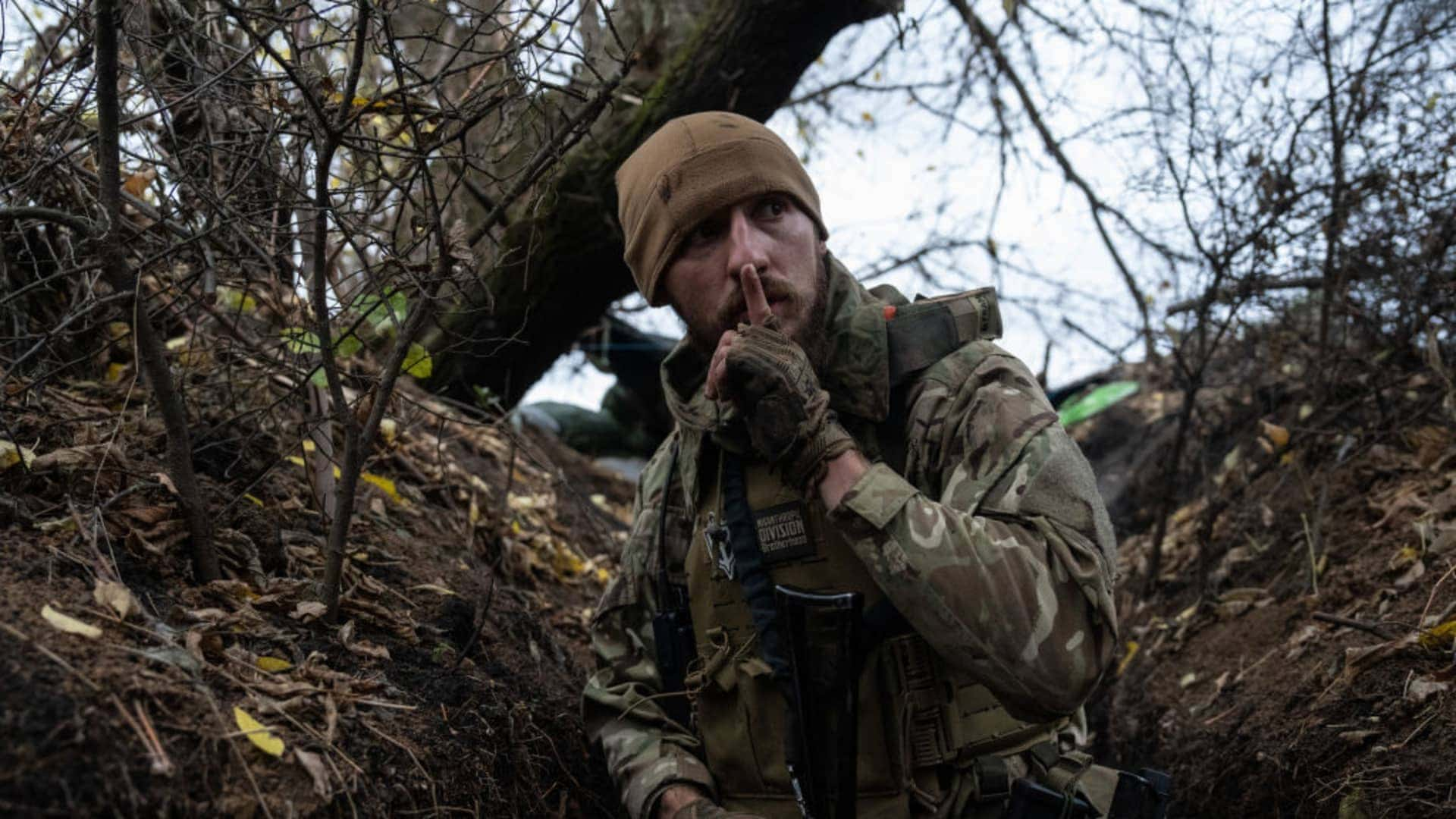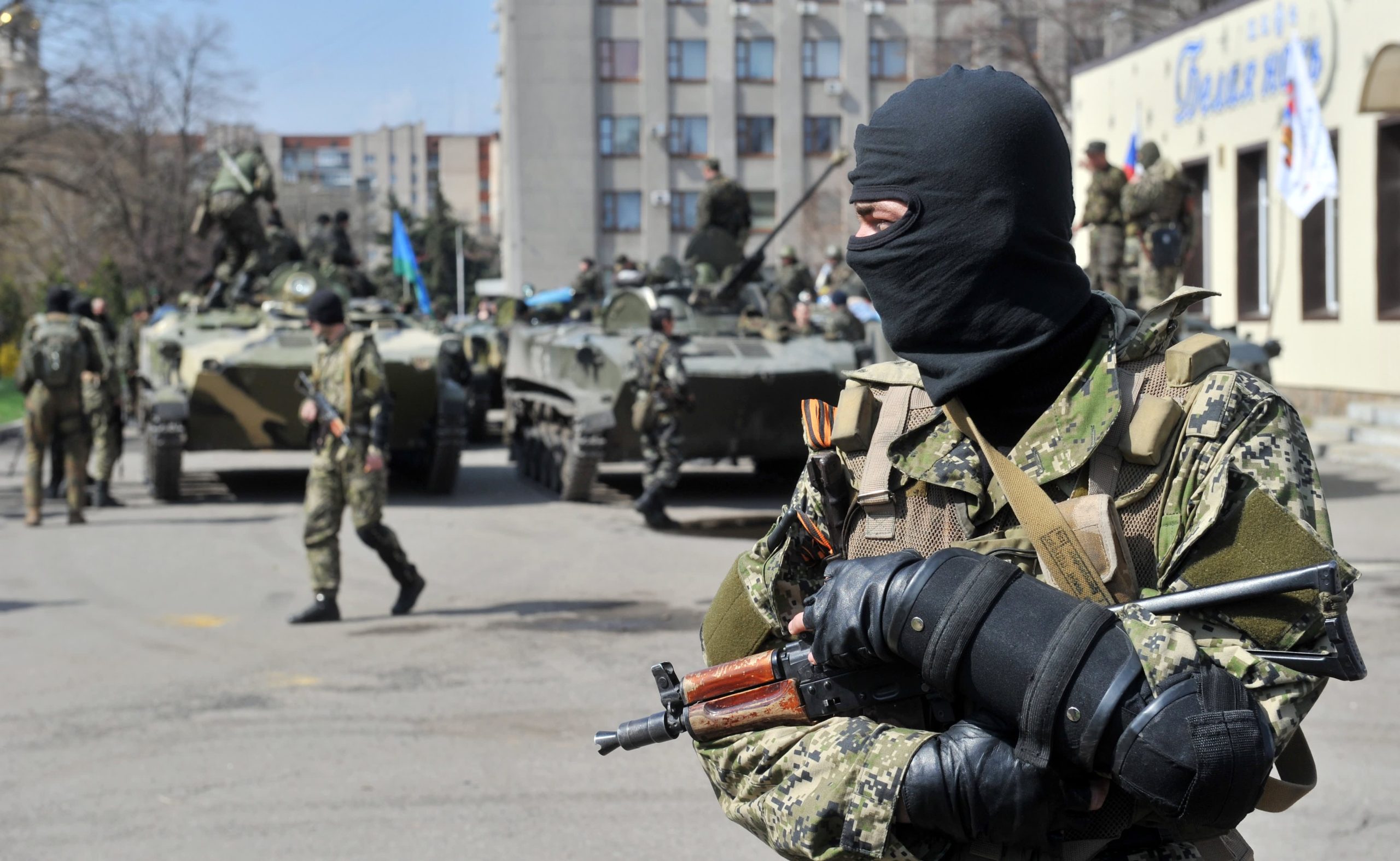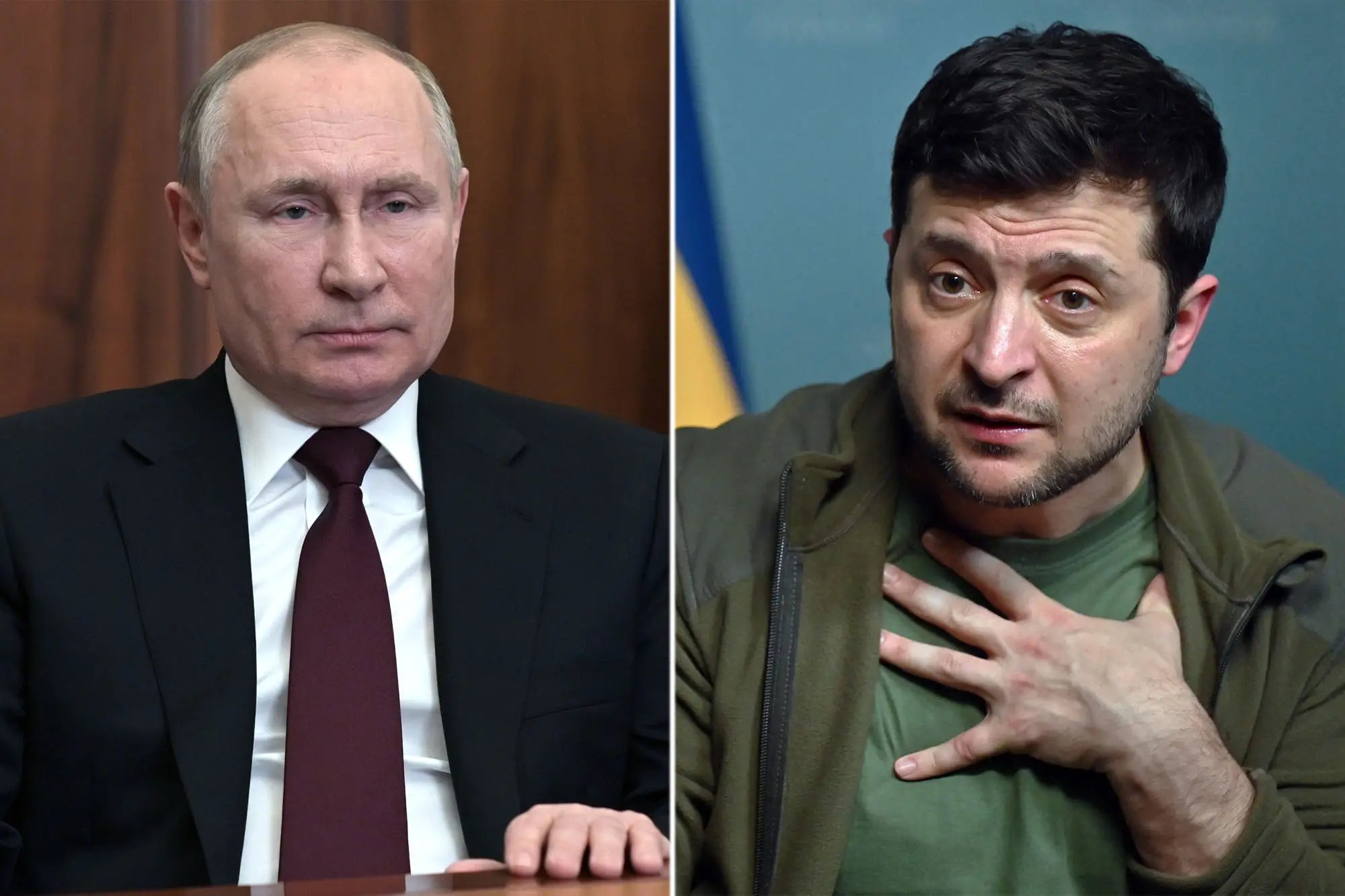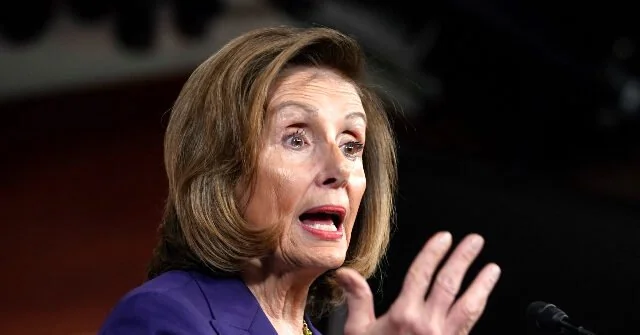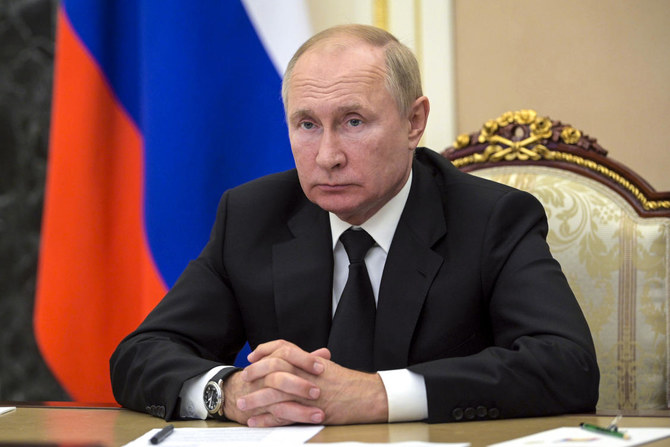While experts don’t foresee an immediate collapse of the Russian economy, the reality is that the relentless cost of war expenditure on both military endeavors and social welfare initiatives is becoming unsustainable.
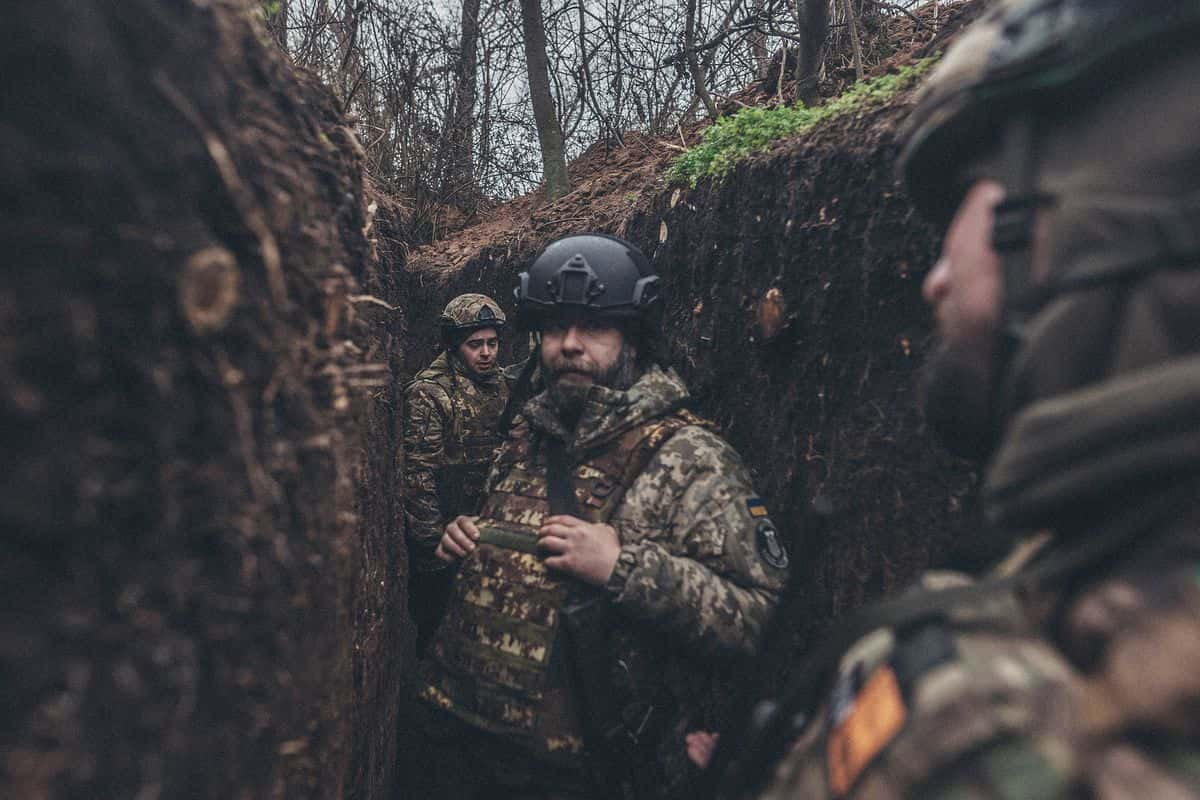
The persistent “cost of war” has come into sharp focus as the Kremlin grapples with urgent measures to stabilize the plummeting rouble
The situation prompts crucial considerations about the fiscal ramifications of funneling trillions of roubles into the conflict with Ukraine and enduring unprecedented cost of war sanctions, all while attempting to uphold prewar levels of public expenditure.
Alexey Eremenko, an associate director at consultancy Control Risks, highlights the structural cost of war issue underlying Russia’s economic struggles, stating that the rouble’s fundamental improvement is hindered by excessive war spending and lavish imports. The dilemma at hand forces the Kremlin to weigh the prospect of either drastically cutting war-related expenses or risking severe harm to public welfare.
In a bid to counter the rouble’s decline beyond the psychological 100-to-dollar mark, Russia’s central bank has raised interest rates to 12%, marking the first borrowing cost increase since the cost of war’s inception. This economic turbulence raises questions about the sustainability of lavish pre-election spending and the potential for an embattled economy in the lead-up to Vladimir Putin’s re-election bid.
Notably, the surging defense industry, spearheaded by figures like Sergey Chemezov of the state-owned defense conglomerate Rostec, gains prominence in the midst of these cost of war challenges
Defense spending has doubled, reaching $100 billion, which is a third of all public expenditure. This boost in state outlays has propelled Russia’s economy over the past year and a half, as per International Monetary Fund projections, showing a 1.5% GDP growth for the year.
However, this growth, primarily fueled by military production, is raising concerns about the overall welfare of the public. The imbalance between military investment and domestic well-being becomes increasingly pronounced as the economy grapples with inflation, stagnant company offers, and mounting sanctions-related pressures.
China has emerged as a pivotal partner in the midst of Russia’s economic adjustments, offering alternatives to Western technology and augmenting trade ties. This dependency on China, coupled with the redirection of oil and gas resources toward Eastern markets, particularly China and India, serves as a lifeline amid Western sanctions.
READ ALSO: Gene Spector Detained On Espionage Charges In Russia: Court Proceedings Classified
